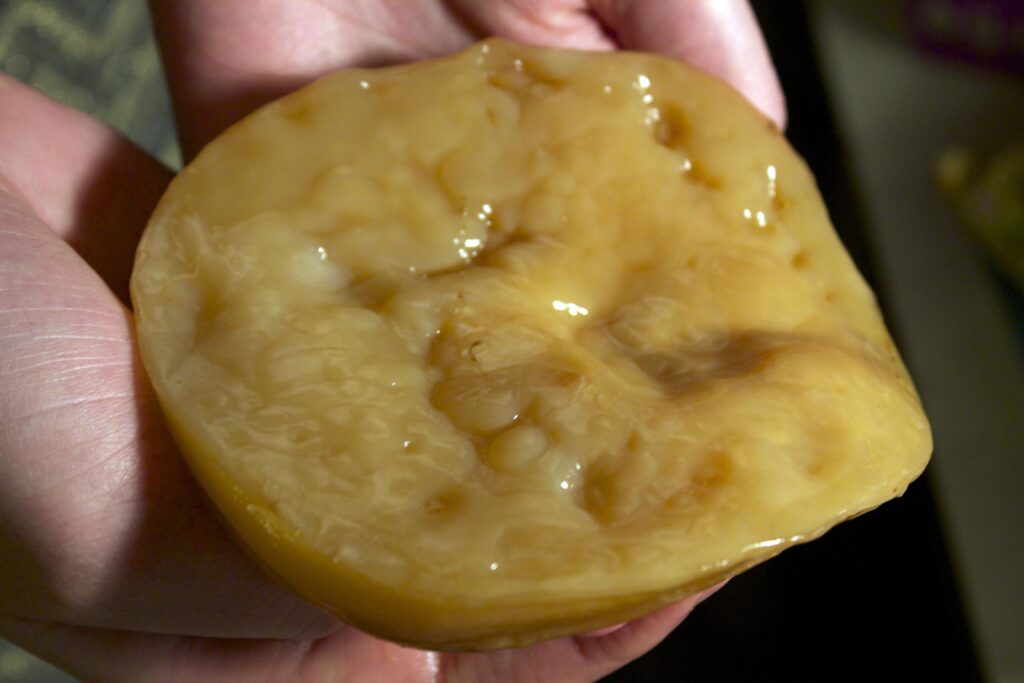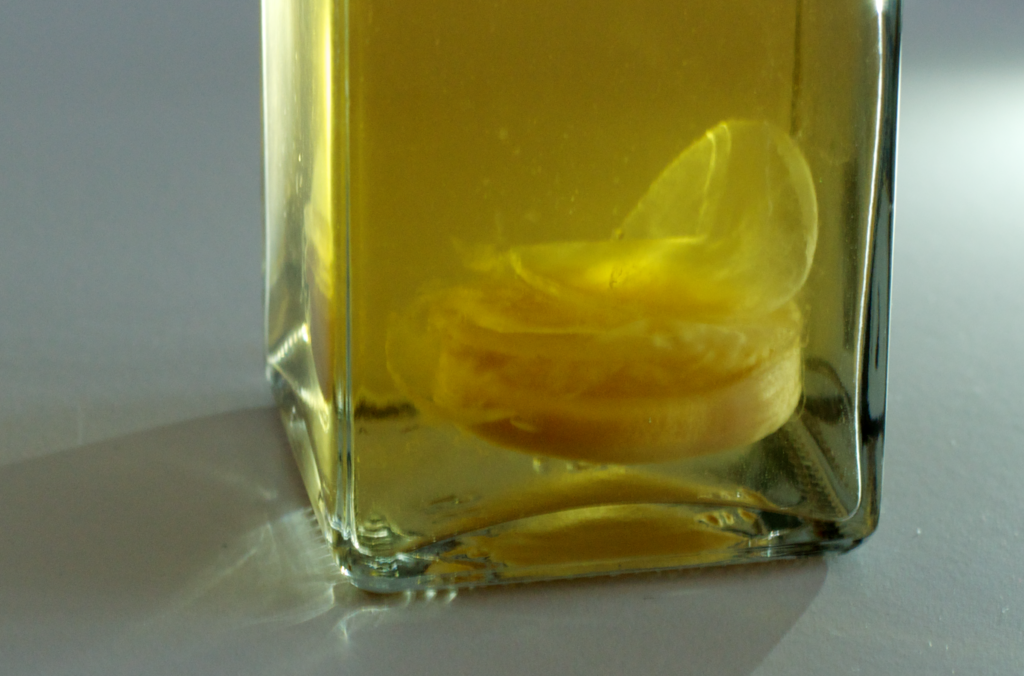Travel Europe's vinegars while the summer lasts

Vinegar and kombucha are, in many ways, similar. Both are sour, sometimes sour-sweet, liquid products of a fermentation process. Both contain gut-healthy bacteria as a driver of their fermentation. Both are coming into vogue as sharp, complex alcohol alternatives, but are actually millennia-old traditions. So what are the differences between them?
I'll start by giving some quick definitions. Note that in both cases, I am discussing the true, time-consuming, traditional versions, not shortcut, over-sweetened, processed mimicries.
Vinegar is a sour-tasting solution produced by the conversion of the alcohol in an alcoholic liquid into acetic acid by a bacterial culture known as the ‘mother of vinegar’. By contrast, kombucha is a sour-but-not-quite-as-sour, often bubbly solution produced by the conversion of sugar into acetic acid and carbon dioxide by a symbiotic culture of bacteria and yeast, or SCOBY, usually over a much shorter period of time.


To make vinegar, you start with an alcoholic drink such as beer or wine, itself produced by yeasts converting sugars into alcohol. In the case of kombucha, you start with a sweetened liquid, most commonly tea, and let the yeasts and bacteria work their magic in tandem.
So, the difference is: vinegar starts as alcohol and is created by bacteria, while kombucha starts as sweetened tea and is created by bacteria and yeast.
Other differences between vinegar and kombucha involve the nuances of the various fermentation byproducts created, as well as the different products’ most common uses: kombucha as a drink, vinegar as a condiment. Although vinegar can certainly be drunk, both on its own and as part of shrubs and cocktails — more on that soon…
Kombucha is thought to have originated in China, where the drink is traditional. The origins of vinegar, meanwhile, are hazy (is that an unfiltered vinegar pun?). That said, the simplest form of vinegar production is to simply sit and wait for some beer or wine to ‘go bad’, so it’s likely to have a very long history indeed — as long as that of alcoholic brewing, which is thought to have begun with the Ancient Babylonians.
To give you some idea, both kombucha and vinegar making were definitely going on as early as 4,000 BC (!). The image below is of a cuneiform tablet in New York's Metropolitan Museum: it's a record of beer rations, c. 20th–16th century BC.

Kombucha and vinegar might have some clear differences in terms of ingredients and production methods, but they can be used interchangeably in some cases. A nice vinegar mixed with sparkling water becomes a kombucha-like drink, while certain kombuchas wouldn't look out of place in a vinaigrette.
In fact, there exists a sort of kombucha-vinegar continuum: leave a kombucha with its SCOBY to ferment for long enough, and enough acetic will be created that you end up with kombucha ‘vinegar’ (around 2% acetic acid, as opposed to apple cider vinegar’s c. 5%)! The world is your acetic oyster…
— Beatrix Swanson
Artisan Cider Vinegar and mustard flavour this versatile sauce

The Old Nuclear Bunker,
Pednavounder,
Coverack,
Cornwall
TR12 6SE
01326 281135
info@artisanvinegar.co.uk